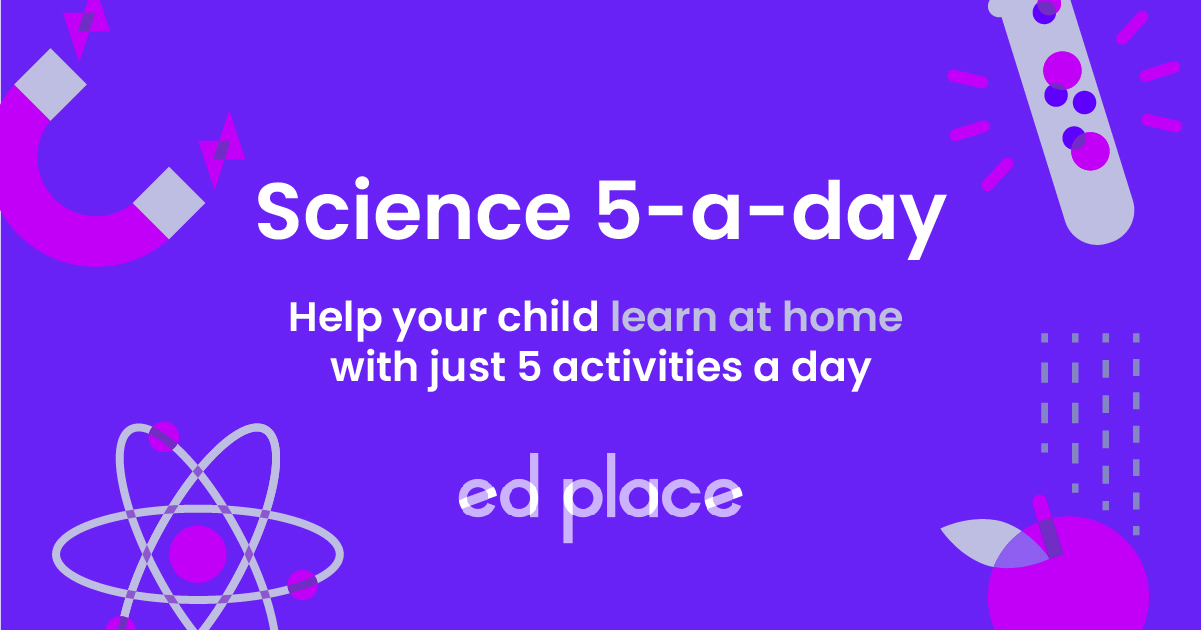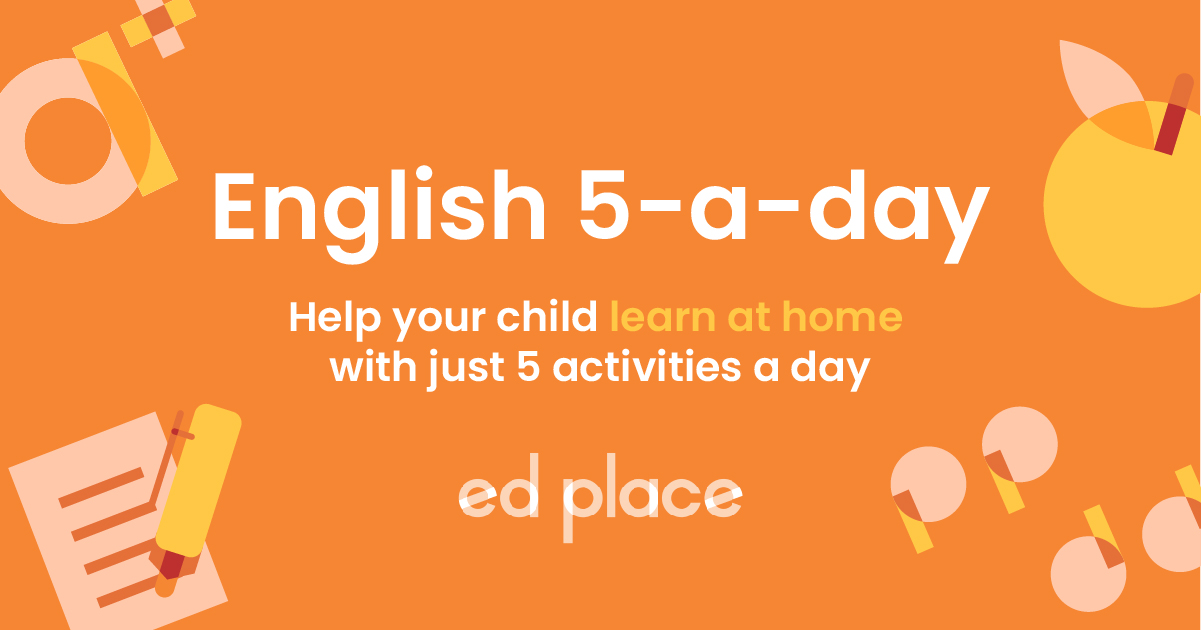Lesson planning and ideas: How to encourage your child to read
There is no doubt about it; reading is good for the soul. It benefits the brain too! Reading can take you to worlds you could never visit in real life. Reading opens up doors and opportunities and can give your child huge advantages when it comes to learning, giving them a sense of confidence and independence.
In an ideal world, we’d be battling our kids and begging them to put down their books at night, and not their screens. We’d be passing their bedroom and noticing the little light from under the duvet as they devour their latest book and simply don’t have time to sleep!

When you’re educating your child at home, how can you help them to not only love reading, but to crave and excel at it too? We’ve rallied our army of teachers and parents and put together some top tips and fun facts to help you encourage your little homeschooler to become a confident and voracious reader.
Disclaimer: Undertake the following tips at your own risk. EdPlace takes no responsibility for children staying up past their bedtime to finish “just one more” chapter. Side effects may also include your child not hearing a word you say because they’re off on an adventure in a mythical world.
1. Read in front of them. Read with them. Read to them.
As a parent, whether you’re homeschooling or not, you are your child’s greatest teacher even when you’re not teaching. You will never have as much influence over them as you do in these precious early years, and there are pros and cons to that. Children learn by what they see and hear. If they see you reading they’re much more likely to want to do so as well. So take that elusive coffee break, pick up that magazine you’ve been meaning to read and finish that last chapter you’ve not had the time to get through. And what’s more – let them see you do it!
Bedtime stories are the age-old right of passage for every child; choosing them, begging for one (or maybe two) more. Books are an excellent bedtime delaying tactic for the child, but they’re also a wonderful way to check in with your child at the end of the day and to share with them a love of reading and of books. Being cuddled up in bed with you will create an awful lot of safe and happy feelings for your child and those are precisely the feelings we want associated with books of all shape and size!
2. Use books as a reward
Like parents up and down the country, you’ve got the reward chart of great joy; the star chart, the ultimate encouragement tool for KS1 and 2 children everywhere.
Does your child get a toy after they’ve collected a certain number of stars? Maybe some sweets, or maybe some money? Why not switch out your reward and turn it into a book instead. Upon completion of their chart or column could you offer your child a trip to the bookshop to choose a new book, or to the library to borrow one. The aim of the game is to make books enticing. Make them something to strive and aim for!
3. Don’t read, discuss.
“What on earth are you talking about?” we hear you cry. “What do you mean ‘don’t read’? Isn’t this article all about reading?” Well, yes, yes it is. However, there is more to reading than meets the eye.
We could just plug away at a book, from front cover to back, reading out the words and telling the story exactly as it was intended. But there is so much more to a book, especially an early reader or a picture book, than just the words. In fact, there’s an entire world in there!
Challenge yourself, next time you’re sitting down to share a book with your child, not to read a single word. Instead, just look at the pictures. Talk to your child about what’s going on in the images, or better yet, ask them what they think is going on. Ask them to point out features of particular interest, ask them to make up a story about what is going on in the image. Ask them to predict what might happen next, they might just surprise you with what they come up with.
4. In space, no one can hear your funny voices
Ok, so you’re not really in space (unless perhaps you happen to be reading Meg and Mog on the Moon), but the principle is the same! When you’re reading with your child, in the comfort of your own home (or in public, if you’re feeling brave) then you need to leave your self-consciousness at the door, you need to pretend you’re in space and there’s no one to hear you but your child.
A sure-fire way to help young children love reading is to make it fun by being fun. Put on that crazy voice, re-enact those scenes, pull that funny face, and encourage your child to do the same. Don’t be shy, this is your opportunity to let loose your inner RADA actor or actress but do make sure you’re prepared for an encore!
5. Make reading a hobby, not a task
If you find yourself always nagging your child to practice their reading, or have to cajole or bribe them to open their latest book, then it’s time to rebrand reading as a hobby and not a chore. If you treat it like a box that needs to be ticked off each day, then that’s how your child will see it too. Instead, invite them to share a book with you at random points throughout the day.
Schedule in regular trips to your local library and get your child their own library card. Why not compile a list of books they’d like to take out on their next visit? If they have a question they’d like answered, why not encourage them to find a book on the topic in the library, rather than running straight to Google.
Most UK public libraries offer classes and clubs for pre-schoolers and young children, why not take advantage of your flexible timetable and take them along to have some fun surrounded, floor to ceiling, by books?
6. Don’t judge: it might not be to your taste, but it’s certainly to theirs!
As much as possible, try not to turn your nose up at whatever your child chooses to read. You might be sick as a sneezing dragon of Diary of a Wimpy Kid, or you might look on with wintery discontent at the latest posts on their favourite blogs, but try to smile sweetly. If you can bring yourself to do so, ask them to share some of it with you. Ask them questions about what they’re reading, and the reasons why they chose it.
What have they learnt? What is the most interesting thing they’ve read? If they’re choosing to read, encourage and support them and resist the urge to judge or push them in another direction.
If you really can’t go through with Owl Babies again, you could always suggest to your child that you each pick a book to share, allow them their choice and then have them share yours with you.
How can EdPlace help my child with their reading?
Set personally motivating and individually encouraging rewards for your child using EdPlace in English, maths and science from KS1-GCSE. Have fun learning new topics with our activities and worksheets that last between 10 - 20 minutes to ensure maximum engagement and attention! Our accessibility toolbar creates a bespoke learning environment that is personal to your preferred learning style. Choose an alternative colour palette or use a reading option to reduce visual stress, or use the read-aloud feature to recite the text to you. There are so many additional features to remove barriers to learning, therefore ensuring that your child has access to all the curriculum aligned content.









